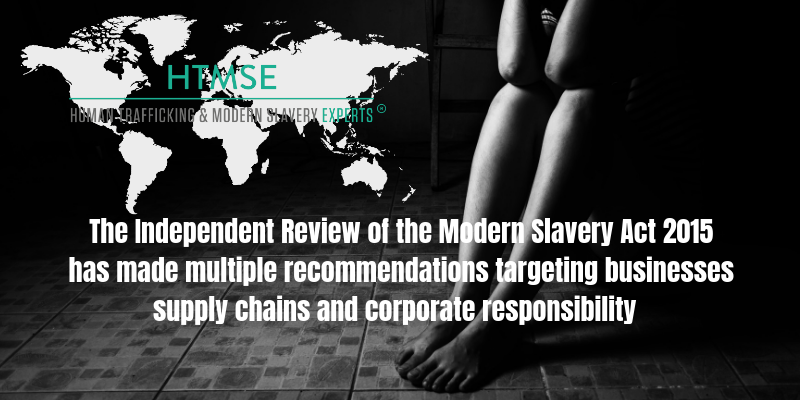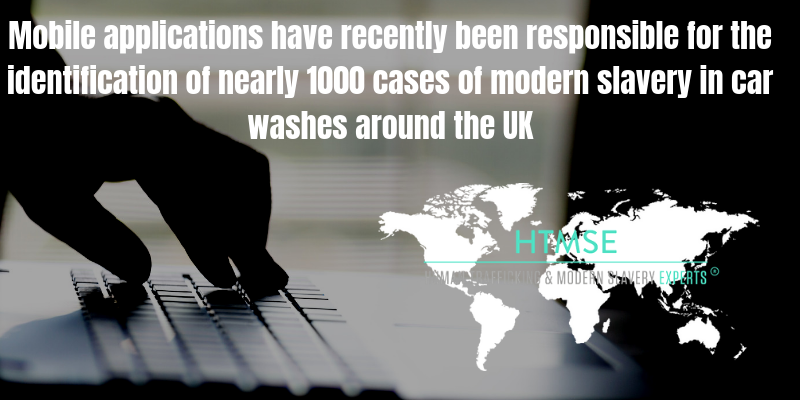
The Independent Review of the Modern Slavery Act 2015 has was published this week on the 22nd May 2019. The review has identified eighty recommendations for improvements to the operation of the act and wider policies to tackle modern slavery and human trafficking in the United Kingdom. The review makes significant recommendations for how legislation should be amended to increase compliance by businesses and improve supply chain transparency, including:
- Recommendation 25: Failure to fulfil modern slavery statement reporting requirements or to act when instances of slavery are found should be an offence under the Company Directors Disqualification Act 1986.
- Recommendation 22: The legislation should be amended to require companies to consider the entirety of their supply chains [in respect of modern slavery]. If a company has not done so, it should be required to explain why it has not and what steps it is going to take in the future.
- Recommendation 18: In section 54(5) ‘may’ should be changed to ‘must’ or ‘shall’, with the effect that the six areas set out as areas that an organisation’s statement may cover will become mandatory. If a company determines that one of the headings is not applicable to their business, it should be required to explain why.
- Recommendation 32: Section 54 should be extended to the public sector. Government departments should publish a [modern slavery] statement at the end of the financial year, approved by the Department’s board and signed by the Permanent Secretary as Accounting Officer. Local government, agencies and other public authorities should publish a statement if their annual budget exceeds £36 million.
The recommendations would significantly increase the responsibility on businesses to address anti-slavery in their supply chains, and afford the government greater power to punish companies that do not comply.
The full report can be found here.
